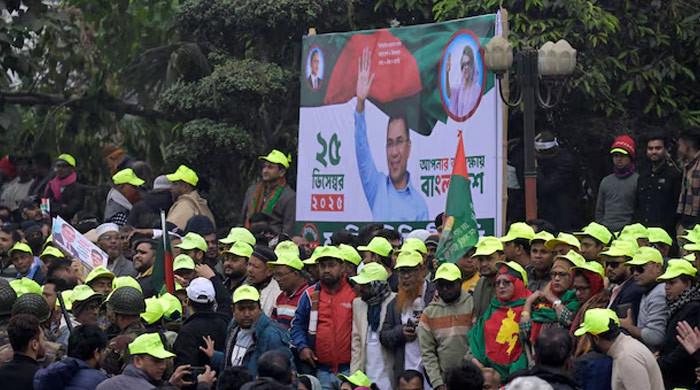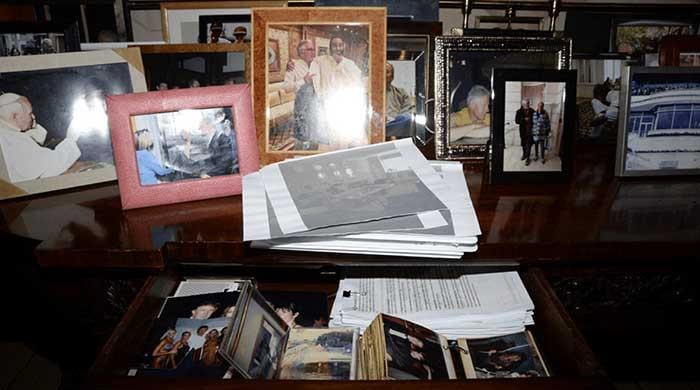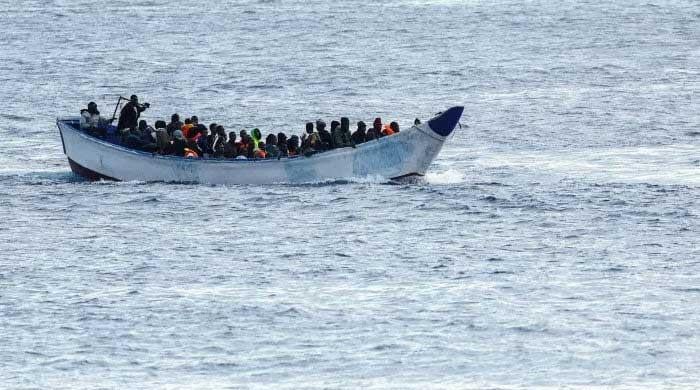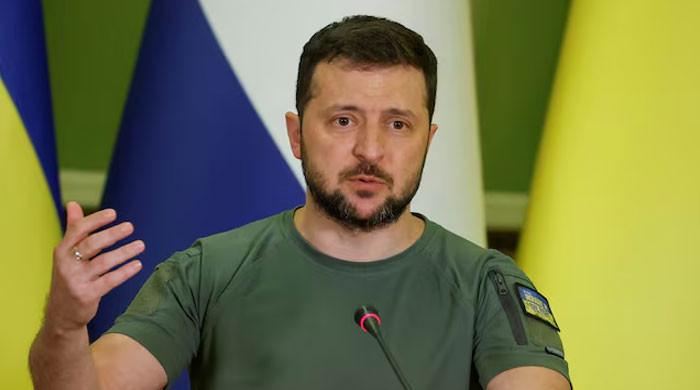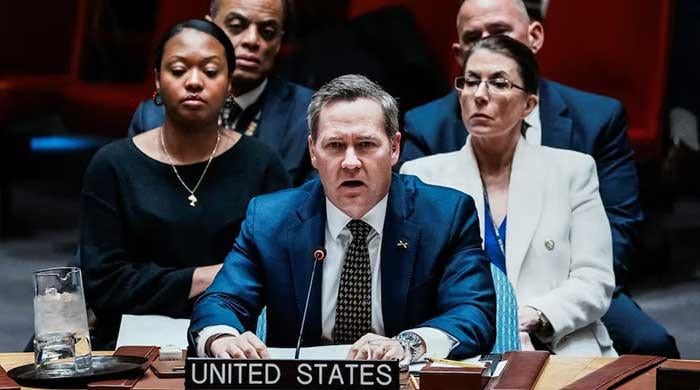Hamas attack: Israel's horrific torture of Palestinian prisoners fuelling historic conflict
Despite the international community's condemnation, Israel has continued to torture prisoners
October 09, 2023
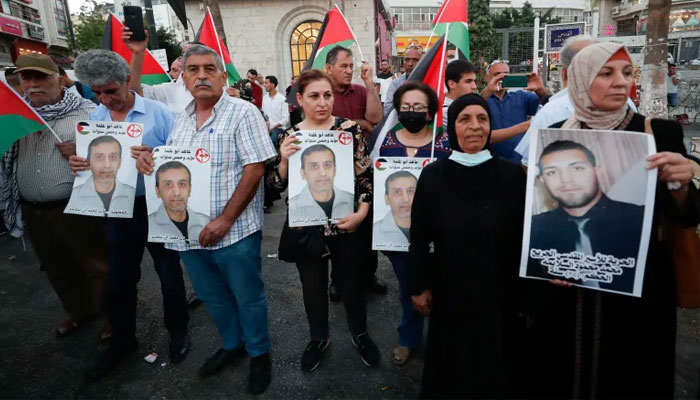
The ongoing systemic torture of Palestinian detainees by Israel demands international attention and instances of torture, like the case of Mohammed El-Halabi, who was falsely accused of diverting funds from World Vision to resistance groups in Gaza, highlight the urgent need for accountability.
The Australian documentary 'Stone Cold Justice', released in 2021, also exposed Israel's use of torture against Palestinian children, leading to international outrage.
The film details how detained Palestinian children suffer physical abuse, forced confessions, and intelligence gathering. Australia's Foreign Minister Julie Bishop expressed concern over these allegations, while Israel's Foreign Ministry spokesman, Yigal Palmor, condemned the human rights abuses.
However, rights groups argue that Israel has not taken meaningful steps to protect Palestinian children from arbitrary arrest and torture. Last year, a UNICEF report also highlighted the mistreatment of Palestinian children in night arrests, home raids, and violent incidents, amplifying global concerns.
Despite the international community's condemnation of torture, Israel has continued to engage in these practices, often with impunity. While Israel ratified the United Nations Convention Against Torture (UNCAT) in 1991, it has failed to uphold its obligations under the convention.
Israel's use of "special means" and exceptions for so-called "ticking bomb" scenarios to justify torture blatantly violates UNCAT's Article 2, which unequivocally prohibits torture under all circumstances, including wartime or public emergencies.
Moreover, the lack of a clear definition of torture by Israeli courts does not absolve Israel of its responsibility to adhere to UNCAT's definition, which includes severe physical or mental suffering inflicted intentionally by public officials.
“[A]ny act by which severe pain or suffering, whether physical or mental, is intentionally inflicted on a person for such purposes as obtaining from him or a third person information or a confession, punishing him for an act he or a third person has committed or is suspected of having committed, or intimidating or coercing him or a third person, or for any reason based on discrimination of any kind when such pain or suffering is inflicted by or at the instigation of or with the consent or acquiescence of a public official or other person acting in an official capacity.”
Reports of torture methods employed by Israeli interrogators and officers, such as painful handcuffing, stress positions, sleep deprivation, and even threats and acts of rape or sexual assault, paint a disturbing picture of the treatment of Palestinian detainees.
Children are not spared from these abuses, as evidenced by testimonies collected by Defense for Children International – Palestine (DCIP). These testimonies reveal that many child detainees experience bound hands and feet, physical violence, stress positions, and solitary confinement.
Israel's arbitrary distinction between "security" prisoners and criminal prisoners allows it to justify torture under the guise of protecting state security. Stone-throwing, a common conviction among children, is considered a "security" offence.
Efforts to hold Israel accountable for these human rights violations have been initiated in the United States, such as Congresswoman Betty McCollum's HR 2590, which seeks to condition aid on addressing human rights abuses in Israeli military detention.
As the international community commemorates the UN Convention Against Torture, it must not forget the ongoing suffering of Palestinians subjected to torture by Israel. Genuine accountability is essential to end these egregious violations and uphold the principles of human rights and justice.




